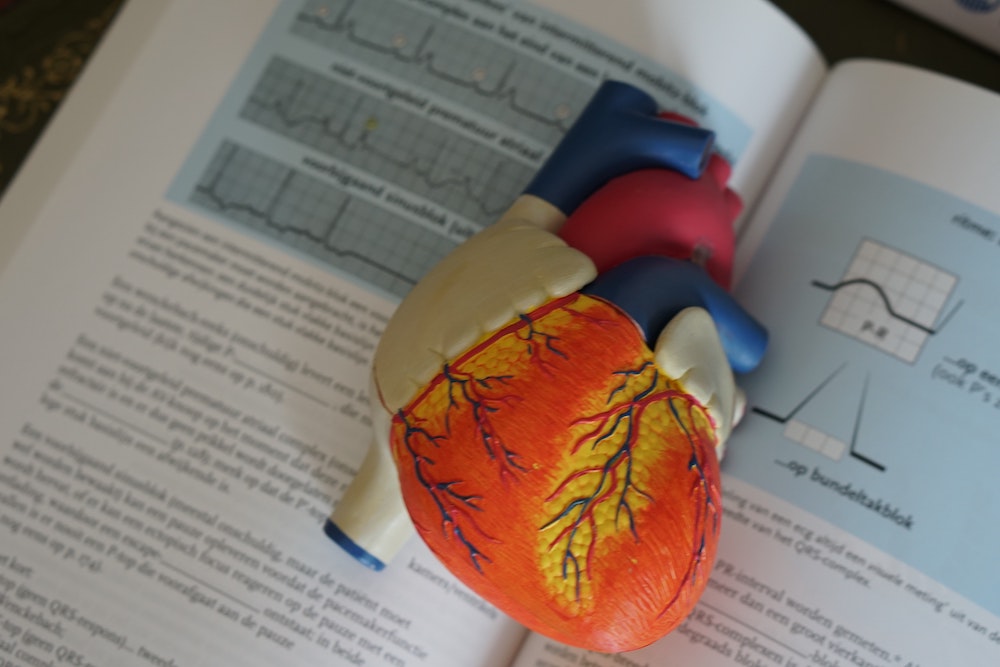Foods That Can Give You Heartburn

Heartburn is an uncomfortable experience that many of us know all too well. It's caused by acid reflux, when acid from your stomach backs up into the esophagus. It's common after eating certain types of food, and the severity can range from mild to severe.
Knowing what foods you should avoid to minimize heartburn can help alleviate some of the distress associated with it; however, certain lifestyle factors could also contribute to the experience. In this article, we'll look at some of the most common foods that can give you heartburn and how to combat them.
A burning sensation in the chest occurs after consuming particular foods. Foods that can give you heartburn include spicy food, citrus fruit, tomatoes, chocolate, and caffeine. Heartburn is not usually a serious condition, but it can be uncomfortable.
The symptoms of heartburn
Heartburn is a common problem that many people experience after eating. Heartburn symptoms can include a burning sensation in the chest, throat, and neck. Often, heartburn symptoms are worse after eating a large meal or lying down.
Take a few quick steps to help lessen the effects of heartburn. First, avoid foods that are known to trigger heartburn. These triggers can vary from person to person, but common triggers include spicy foods, fatty foods, and citrus fruits.
It would help to avoid smoking and drinking alcohol, as these habits can exacerbate heartburn symptoms.
If you experience occasional heartburn, over-the-counter antacids may provide relief. However, if you have frequent or severe heartburn symptoms, you should see your doctor to rule out any underlying medical conditions.
Foods to avoid if you have heartburn
Certain foods can trigger heartburn, and it is best to avoid them if you are prone to the condition. These include spicy foods, fatty foods, citrus fruits, tomatoes, chocolate, caffeine, and alcohol.
Some people may also find that specific foods, such as onions or garlic, can cause heartburn. If you have heartburn, it is essential to keep a food diary to identify your triggers and avoid them.
Foods that can help relieve heartburn.
Acid reflux, often known as heartburn, is a frequent ailment brought on by the esophagus's exposure to stomach acid. While the occasional case of heartburn is unimportant, chronic, or severe, heartburn may indicate gastroesophageal reflux disease (GERD), which can cause more severe health issues.
You can make several lifestyle changes to help relieve heartburn, and diet is one of them. Here are some foods that can help ease heartburn:
- Bananas: This popular fruit is bowl-shaped, which helps keep stomach acids from splashing back into the esophagus. Additionally, bananas contain a lot of potassium, which helps to balance stomach acids.
- Oatmeal: This breakfast favorite is an excellent source of fiber, which can help keep things moving through your digestive system and prevent constipation, another trigger for heartburn. Oatmeal can also absorb excess stomach acid.
- Yogurt: Like bananas, yogurt has a soothing effect on the digestive system. It's also a good source of calcium, which can help strengthen the lower esophageal sphincter (the muscle that keeps stomach acids from flowing back into the esophagus). Choose plain yogurt over flavored varieties, and go for low-fat or non-fat options to avoid triggering heartburn.
- Green Vegetables: These nutrient-rich foods are low in acidity
Heartburn during pregnancy
Heartburn during pregnancy is a common complaint that certain foods can aggravate. Foods that are high in acid or spices can trigger heartburn. Other common triggers include fried foods, fatty foods, and chocolate.
Eating small meals more often than large ones can help reduce heartburn during pregnancy. Avoiding trigger foods is also essential. If heartburn does occur, over-the-counter antacids may provide relief. However, check with your healthcare provider before taking any medication during pregnancy.
When to see a doctor for heartburn
If you experience heartburn more than twice a week, you may have gastroesophageal reflux disease (GERD) and should see a doctor. Symptoms of GERD include heartburn that occurs more than twice a week, difficulty swallowing, or pain in the chest or throat. See your doctor to rule out other potential causes and develop a treatment plan if you have any of these symptoms.
Conclusion
Heartburn is an uncomfortable condition that can be easily avoided by making a few adjustments to your diet. Foods like spicy, fatty, acidic, and fried foods may trigger heartburn symptoms, so it's best to avoid them if you experience frequent episodes of heartburn.
This problem may also be helped by eating smaller meals more regularly throughout the day. Simple changes in your diet and lifestyle can go a long way toward reducing your risk of experiencing heartburn and other gastric problems.
